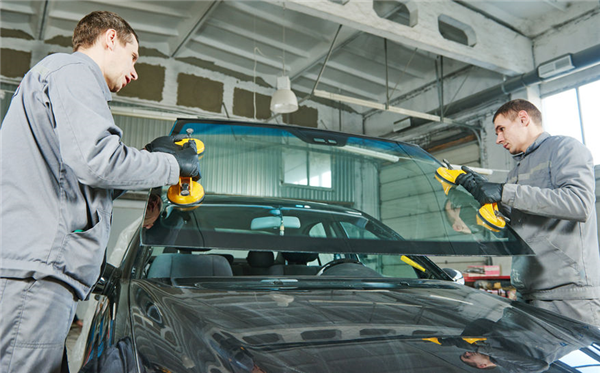What Is The Problem With Your Car? Find Help Here
Auto repairs are not fun at all. However, you can see the light if you know what you're doing. Do you have to do the repairs on your own? Is there a way to not feel like you're going through a bank robbery when getting a mechanic to do the work. Keep reading to find out some great answers.
Understand the repair costs prior to leaving your car with any shop. Labor costs especially can run at different levels from shop to shop, especially if a specialist is involved. You'll want to know what you are getting into prior to learning about it the hard way days later.
Just like at the doctor, you can get a second opinion before agreeing to costly repairs. A reputable shop should not be padding the bill, but it does not hurt to see what another professional thinks about the situation. If you are still nervous, the dealer is always an option. It will be more expensive, but they tend to someone checking over their shoulder more often.
If you feel pressured by the garage or dealership you visit to get your car maintained or repaired, do not hesitate to leave. Reliable mechanics will not put any pressure on their customers and will focus on providing quality service. Follow your gut feeling and stay away from the mechanics who do not seem trustworthy.
Talk to your mechanic about the rates that you will have to pay. Some shops have their rates in conspicuous places, so read carefully and ask questions if you don't understand something. You have a right to know how much a repair will cost and what it will consist of. Auto repair shops may use the estimated repair time established by certain manufacturers. Repairs that seem minor may take all day long.
Watch for warning signs with a mechanic. There are a few signs to look for when you speak with them about your car. If they try talking really fast about the necessary repairs, can't look you in the eye when talking to you, or try to brush you off, you should find another mechanic. They may be hiding something or they may only care about the money.
If you have a maintenance log, devote yourself to keeping it up-to-date. If it isn't, your car may undergo repairs that are not necessary and do nothing to help you. Further, this log is an indication to those working on your car that you expect the best for your vehicle.
It can't be stressed enough, but you must keep up with your car's routine maintenance. That means changing the oil when scheduled, checking fluids like coolant, and checking the braking system. This can keep repair bills down. In addition, not following the regular maintenance on a car can void the manufacturer's warranty.
Whenever you are working on your car's electrical system, you should make certain the battery is disconnected. Failing to do so could cause you to receive an electrical shock. If you aren't certain whether or not the area you intend to work on has electrical components, play it save and disconnect your battery.
Always read your owner's manual before you begin to repair your vehicle. There may be information in your manual that you need to know in order to keep from making a huge mistake. To be sure that you do not waste time and money be sure to look through your manual before you even start.
If you need to get your vehicle fixed, choose a garage or a dealership that hires certified technicians. The person who runs the place might have a certification but this does not mean that certified people will work on your car. Choosing certified technicians is a good way of making sure qualified people are fixing your car.
Try to find a shop that has gone out of their way to become certified by various agencies. These certifications tell you that they meet a high standard of excellence when it comes to repairing vehicles. Do remember, however, that this is not the only thing that you need to consider.
Find out how often you should perform a tune up on your vehicle. You should find this information in your owner's manual. You have probably heard that you need to tune up your vehicle every 100,000 miles but this really depends on the make an model of the vehicle you have.
Learn the basics in your car repair manual. Even if you do not plan on doing the repair yourself, learning the basics about your car can help you pinpoint problems quickly. This can help you save money when taking it to a mechanic. You can tell the technician what you think the problem is, saving on labor costs diagnosing the problem.
How do you feel after reading this article about dealing with your auto repairs? Imagine fostering this new confidence and continuing to grow it with new knowledge. No longer should you feel inadequate when it comes to making decisions regarding your automobile repairs. Take the bull by the horns!

